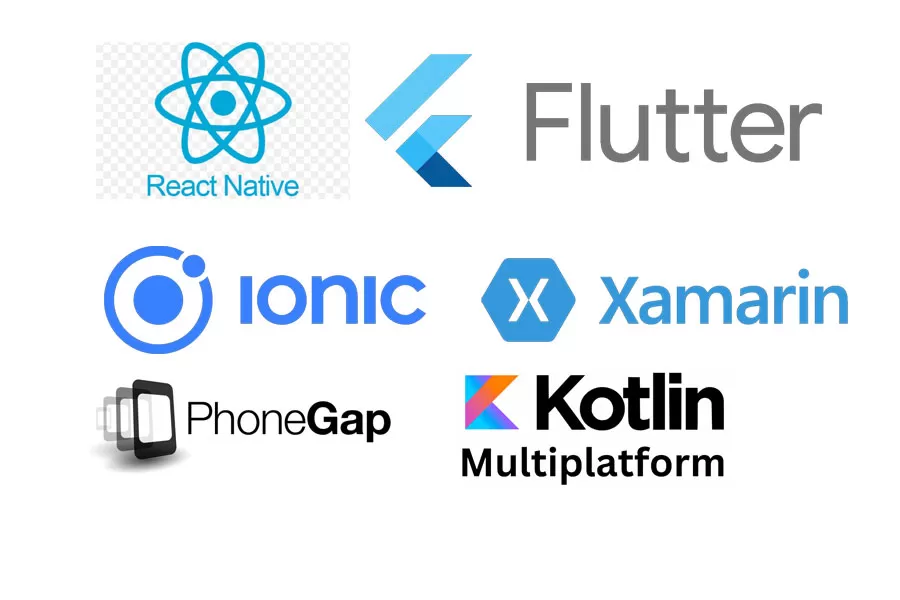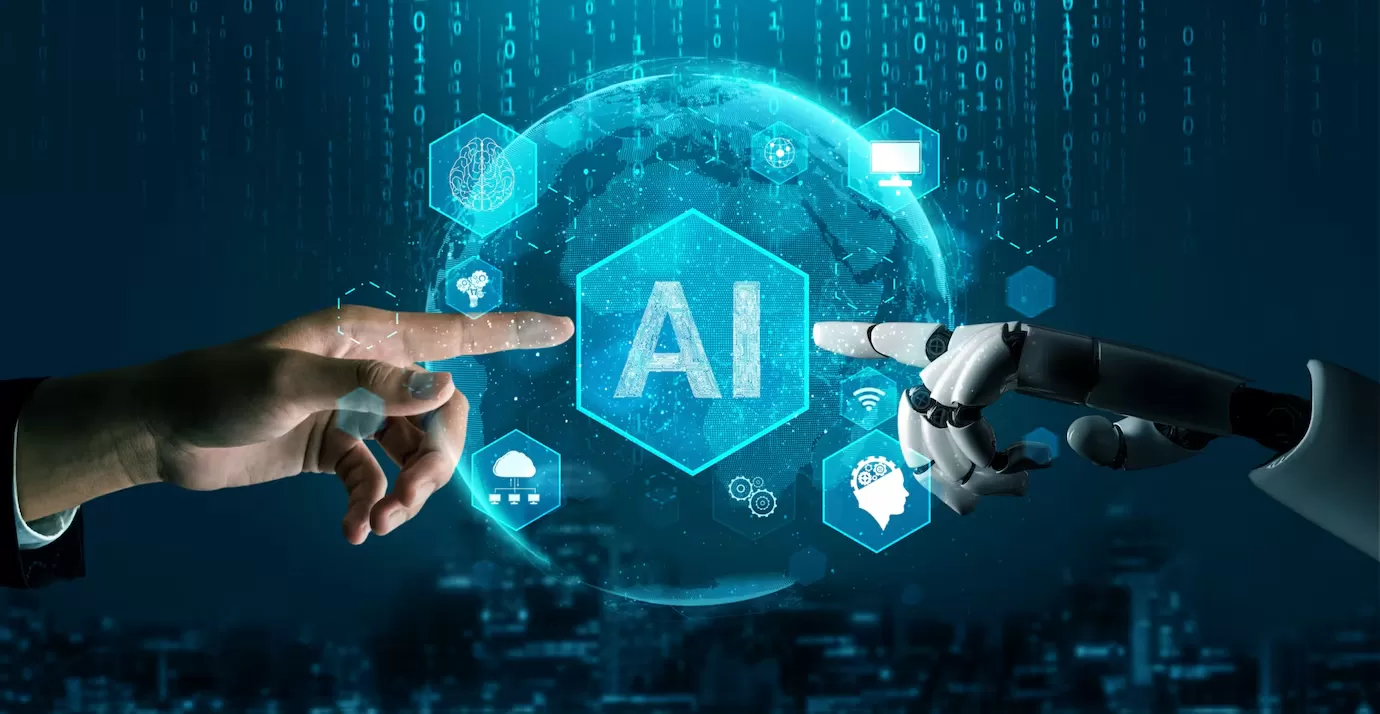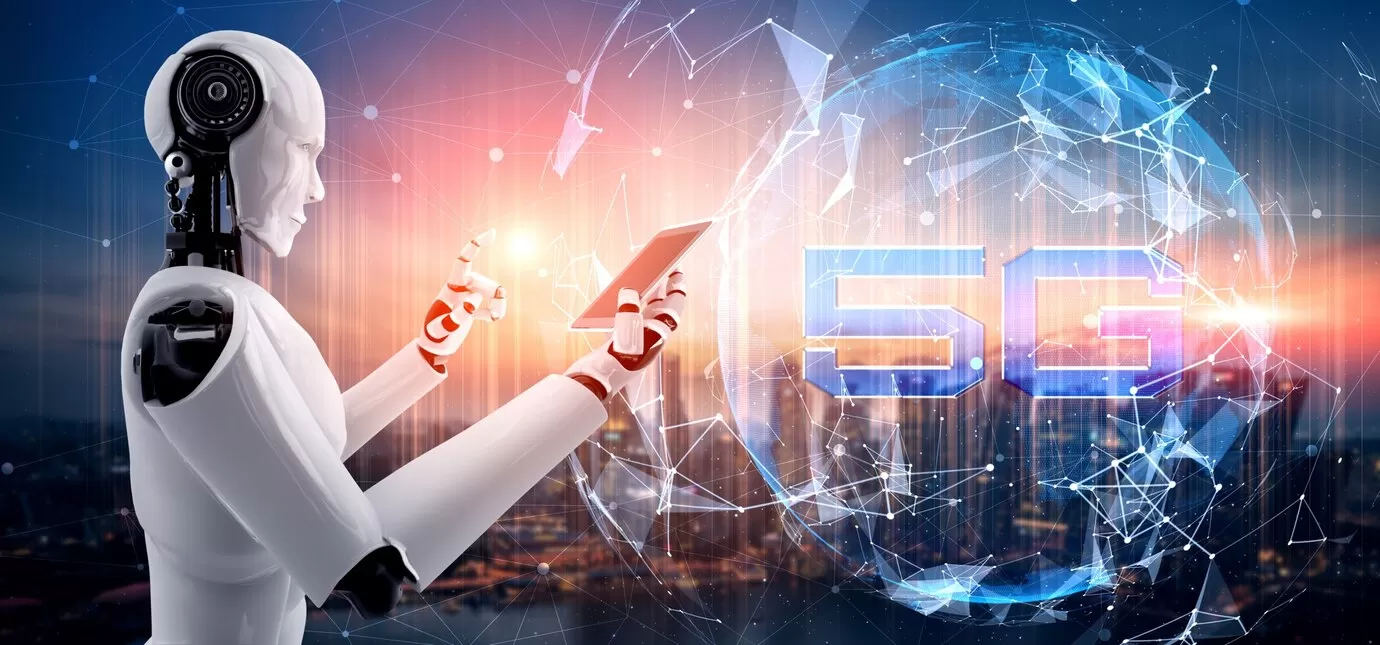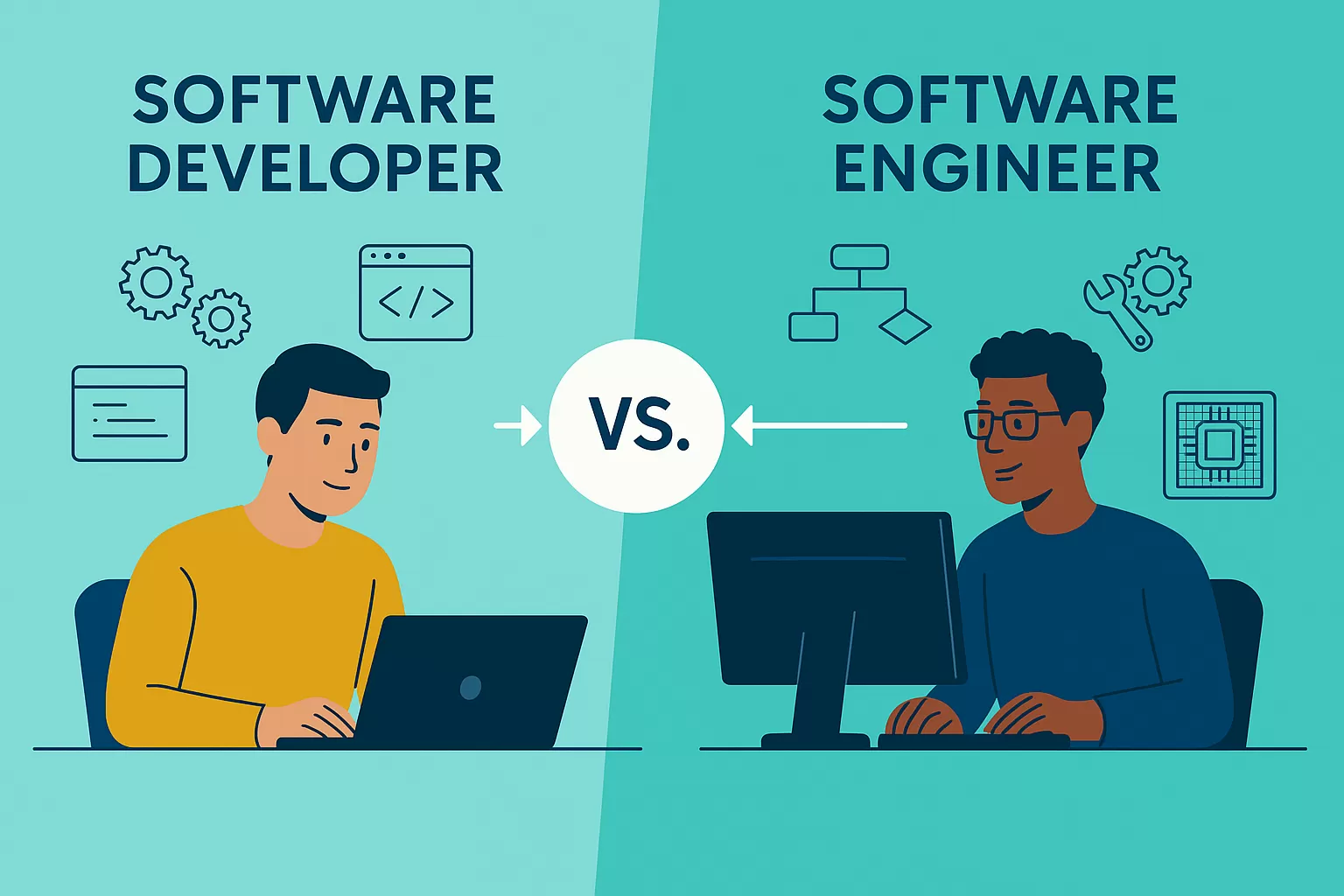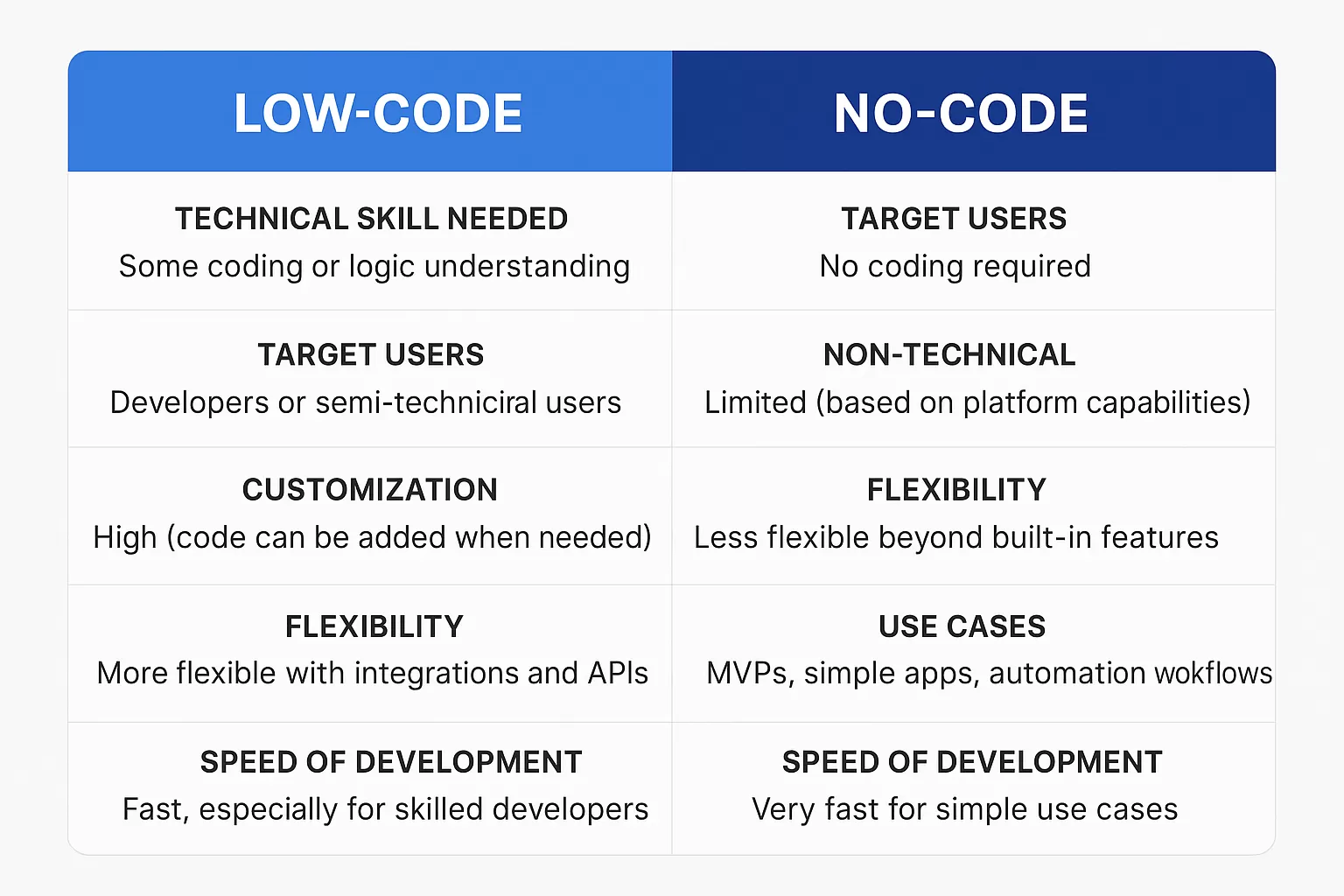The next 10 years of AI technology will likely bring groundbreaking advancements across many industries, with significant implications for web development, app development, and other sectors. Here’s a look at how AI technology will evolve and impact various aspects of development over the next decade:
1. AI-Powered Automation and Code Generation
- AI-Driven Development: As AI models like OpenAI Codex (the engine behind GitHub Copilot) evolve, AI will become even more adept at automating code generation. Future versions will understand entire applications, creating fully functional websites, mobile apps, and backends with minimal human input. Developers might simply define requirements and design specifications, and AI will generate high-quality code autonomously.
- Long-Term Impact: Less manual coding, quicker development cycles, and even easier integration of new features. AI-powered code assistants will likely handle most coding tasks, allowing developers to focus on high-level design and problem-solving.
2. Hyper-Personalized User Experiences
- AI for Personalization: AI systems will become capable of analyzing vast amounts of data in real time to deliver even more personalized experiences. By leveraging deep learning, natural language processing (NLP), and predictive analytics, AI will fine-tune the content, design, and functionality of apps and websites based on individual users' behaviors, preferences, and emotional states.
- Long-Term Impact: Businesses and web developers will be able to offer highly customized products, content, and services that adapt in real-time to users’ actions, leading to a hyper-personalized user journey and deeper user engagement.
3. Advanced AI-Powered Virtual Assistants
- Smarter Virtual Assistants: The evolution of NLP and conversational AI (like GPT-5, ChatGPT-6) will lead to virtual assistants that can hold more natural conversations, understand multi-turn interactions, and provide sophisticated support for complex tasks in various domains, from shopping to technical support and education.
- Long-Term Impact: Developers will integrate advanced voice assistants and chatbots into websites, apps, and even enterprise systems to automate complex workflows. These AI assistants will continuously improve their interactions, allowing businesses to reduce customer service costs and provide seamless 24/7 support.
4. AI in Autonomous Web Development
- AI as Web Designer: In the next decade, AI will take on a larger role in web design and development, not just in code generation but in creating entire websites with minimal human involvement. AI tools will analyze user behavior, business requirements, and design trends to automatically generate visually appealing, functional, and responsive websites.
- Long-Term Impact: No-code/low-code platforms will evolve to integrate AI design assistants, allowing businesses and developers to create fully functional websites and applications without requiring extensive coding expertise. Designers will rely on AI to deliver optimized UI/UX in real-time.
5. AI for Enhanced Cybersecurity
- AI-Powered Threat Detection: In the next 10 years, AI will be instrumental in detecting and defending against cyber threats. AI-based security systems will analyze network traffic, detect anomalies, and identify potential vulnerabilities in real time, providing an extra layer of security for websites and applications.
- Long-Term Impact: Web and app developers will depend on AI-driven security systems to continuously monitor and protect against threats like DDoS attacks, malware, and data breaches. These AI systems will learn and adapt to new threats faster than traditional security systems.
6. Quantum Computing for AI-Driven Innovation
- AI + Quantum Computing: By the early 2030s, quantum computing could become more accessible, enabling AI models to run on quantum computers for exponentially faster and more powerful computations. Quantum machine learning (QML) could solve problems in optimization, cryptography, and data processing that are beyond the capabilities of classical computers.
- Long-Term Impact: Quantum-powered AI will have a major influence on industries like financial analysis, pharmaceuticals, logistics, and web development. It could lead to faster, more efficient AI-driven tools, opening up new possibilities for predictive analytics, real-time personalization, and more.
7. AI-Powered Multi-Modal Interfaces
- Combining Text, Voice, and Visuals: Future AI interfaces will be multi-modal, allowing users to interact with applications via voice, text, images, or even gestures. AI systems will interpret these multiple inputs simultaneously, offering more dynamic and flexible ways to interact with apps and websites.
- Long-Term Impact: Web and app developers will build interfaces that blend text, speech, and visual recognition, allowing users to engage with websites or apps in new, intuitive ways. This could lead to advancements in virtual reality (VR), augmented reality (AR), and mixed reality (MR) applications.
8. AI-Enhanced Web Accessibility
- Inclusive Design: AI will play a crucial role in making web and app development more accessible. AI-powered tools can automatically adapt websites and applications to meet accessibility standards (e.g., WCAG) and cater to users with disabilities, such as automatically generating voice navigation for visually impaired users or text-to-speech services for those with hearing disabilities.
- Long-Term Impact: Developers will be able to build fully accessible apps and websites that are self-optimizing and provide customized interactions for individuals with a variety of disabilities, improving the digital experience for all users.
9. AI-Driven Web Analytics
- Predictive Data Insights: AI will significantly enhance web analytics by predicting future trends and providing real-time insights into user behavior, app performance, and conversion optimization. AI will automatically analyze big data, identify patterns, and suggest actionable strategies to improve website traffic, engagement, and sales.
- Long-Term Impact: AI will enable developers and business owners to continuously optimize their websites and apps based on real-time predictive analytics. Web strategies will be adjusted on the fly, driven by AI’s understanding of user preferences, industry trends, and competitor activity.
10. Decentralized AI and Blockchain Integration
- AI + Blockchain: In the next decade, AI models may leverage blockchain technology to operate in a more decentralized manner. This would allow AI to be used in a secure, transparent way across industries while ensuring data privacy and ownership.
- Long-Term Impact: Developers will see an increase in decentralized AI applications built on blockchain platforms. This could transform sectors like finance, supply chains, and data privacy, leading to more secure, transparent, and user-controlled digital systems.
Conclusion: The Future of AI in the Next Decade
The next 10 years will bring a transformative leap in AI capabilities across web and app development, leading to smarter applications, hyper-personalized experiences, and automated processes. From AI-driven code generation and design to multi-modal interfaces and quantum computing, developers will need to adapt to new tools and workflows to harness the full potential of these technologies. AI will become an essential part of the toolkit for developers, shaping the future of the digital world by improving user experiences, ensuring security, and optimizing performance in ways that are only beginning to be imagined.



